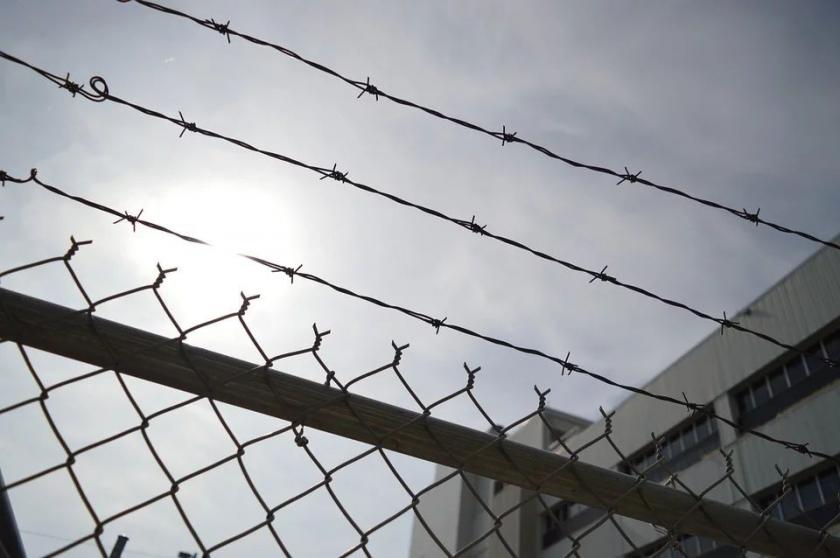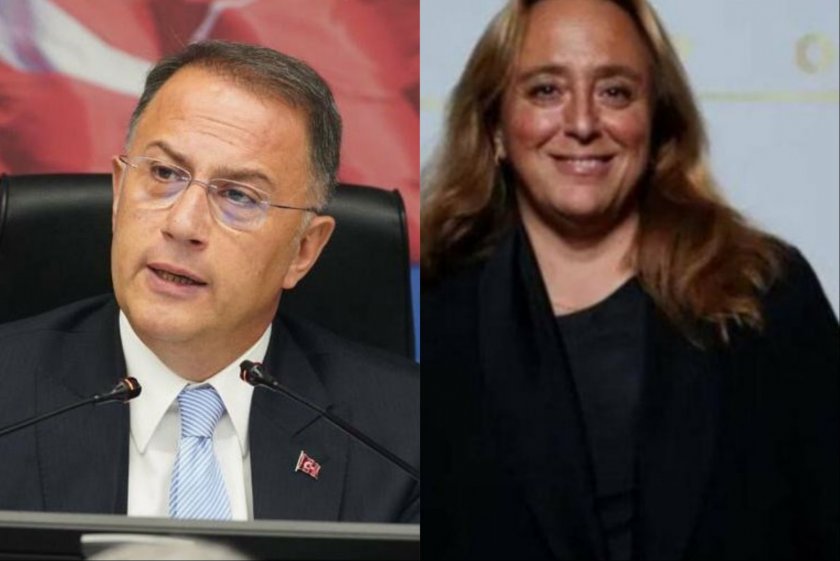Syria in the shadow of wars
For Syria as a whole, 2024 could be a year of increased emigration due to the unemployment, high prices and uncertain prospects that accompany the economic crisis.

Fotoğraf: Hediye Levent
Syria has entered 2024 under less favourable circumstances than in recent years. Russia, embroiled in the Ukrainian war for several years, has been unable to provide the support Damascus had hoped for. As for Iran, it is looking for a way out of the ever-tightening sanctions and is fixated on the Gaza war that broke out at the end of 2023. As a result, Damascus, unable to obtain the political and economic support it expected from Iran, has turned its attention to the Gulf states.
2023 was also essentially the year in which Damascus broke out of the international political isolation it had been in since 2011. Its membership in the Arab League, which had been suspended since the outbreak of the rebellion, was reinstated and Damascus had the opportunity to strengthen its regional and international contacts with President Bashar Assad's participation in the Asian Games in China. However, neither Arab League membership, nor reciprocal visits with the Gulf states, nor participation in the China summit have been enough to provide the Damascus government with the economic resources it desperately needs. American sanctions have put an ever tighter stranglehold on the lives of Syrians. People who have endured war, loss and pain since 2011 are suffering crushing hardship.
Syria is a country effectively divided into four parts. Although Damascus controls most of the country, the economically valuable regions in the north-east are controlled by the autonomous administration set up under Kurdish leadership. As in Damascus, unemployment, power cuts, high prices and insecurity are the main problems in the northeast, which is largely exempt from sanctions against Syria with US support.
On the other hand, there is full-blown Wild West lawlessness in the regions under the control of armed groups backed by Turkey. These armed groups, which have absolutely no respect for political will and do not even take the civil opposition established in Turkey seriously, are also constantly clashing with each other. The economic situation in this region, where crimes of all kinds have become commonplace, including smuggling, power struggles and kidnappings for ransom, is also not very promising. As the limited sources of income are divided among the armed groups, they are consumed without benefiting the population.
The situation in Idlib, ruled by the HTS or, more bluntly, by the jihadists, is even worse than in the other three regions. The wave of arrests within the HTS that began in the last months of 2023 continues, along with torture and executions. The executions continue unabated as the organisation's leader, Golani, believes that a coup is being staged against him. Some prominent figures within the organisation are fleeing to the regions under the groups supported by Turkey. We certainly send our best wishes to all parties in this struggle within the HTS and hope that the enmity within the organisation will continue to deepen!
As for the civilians in Idlib, starvation literally beckons. In Idlib, where the United Nations provides most of the food needs, food aid will be cut off in 2024 thanks to the budget problems of UN-affiliated agencies.
Idlib is also a place where alarm bells are ringing for Turkey. We have entered a year in which Russia has begun to refocus on the Middle East. So while it is not yet known whether there will be a large-scale operation against Idlib, it is likely that air strikes will intensify. The end of UN food aid could exacerbate the situation, leading to hundreds of thousands of people massing at the Turkish border.
Indeed, for Syria as a whole, 2024 could be a year of increased emigration due to the unemployment, high prices and uncertain prospects that accompany the economic crisis.
So will 2024 bring Ankara and Damascus closer together? Perhaps. As Turkey's elections approach, it is quite possible that the nationalist discourse will flare up again and, as a result, there will be renewed talk of launching a military operation in northern Syria. The elections notwithstanding, there is also the issue of the social contract proclaimed by the Syrian Kurds last month, which is seen by Turkey as a separatist agenda. At a time when Ankara and Damascus are increasingly reacting to structures of which the Syrian Kurds form the core, a sense of "cooperation in the face of a common threat" could bring the two capitals closer together.
Come what may, Syria is in for a difficult year. We seem destined to talk about Syria a lot this year, with new controversies, emigration and operations all likely.







Evrensel'i Takip Et